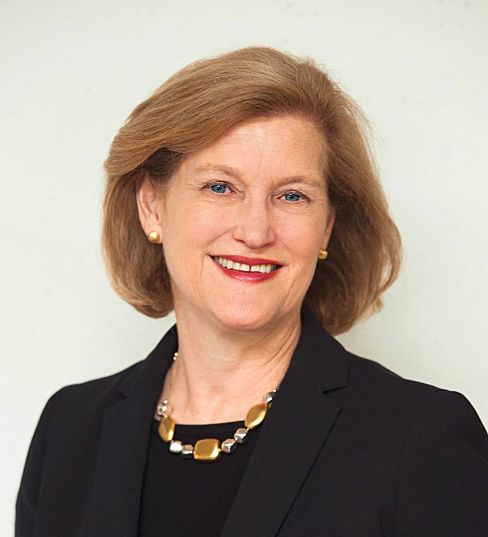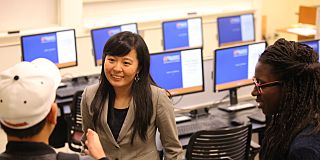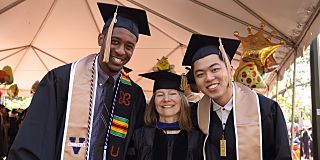

Suzanne Morse Moomaw
UVA School of Architecture
Chair and Associate Professor, Urban and Environmental Planning
Interim Director, Real Estate + Design and Development Certificate Program
- Ph.D., The University of Alabama
- M.A., The University of Alabama in Birmingham
- B.A., The University of Alabama
Suzanne Morse Moomaw has spent the last three decades observing communities through social, design, and political lens at local, regional, national, and international scales. Her teaching in community economic development challenges students to consider possibilities and create transdisciplinary solutions to the “wicked” problems facing civilization. She involves students--both in and out of the classroom--in wrestling with the systemic causes of issues such as poverty, racial inequities, economic restructuring, human settlements, and lack of affordable housing through historical and cultural frames.
Her primary courses are Housing and Community Development, Economic Development, Advanced Housing Seminar, Economy and the Environment, and the Neighborhood Planning Studio. The studio gives students the opportunity to use their knowledge of planning and design to reimagine "place” in collaboration with a community partner. Over the years, students have designed a dedicated service center for public housing developments, addressed the challenges of increasing jobs in low- to middle- income neighborhoods, and proposed scenarios for better connecting neighborhoods in cities reeling from economic downturns. She founded and co-teaches the Sustainable Europe program offered during summer sessions. She is a 2015 recipient of the All-University Teaching Award by the University of Virginia, and in 2017, she received the Outstanding Faculty Award from the Virginia Chapter of the American Planning Association.
Moomaw's research specialty is post-industrial communities, particularly, communities that have depended on manufacturing, extraction, textiles, and agriculture as economic mainstays. On the local and regional scales, she works in Charlottesville on design equity issues and with Southwest Virginia towns on the economic revitalization of their main streets. Nationally and internationally, her research interest is the revitalization ad sustainability of local and regional economies. In 2015, she launched a new project to analyze a subset of the nation’s largest cities beginning in 1956. This research resulted in a book project, Cities Without Work: The Long Road from Boom to Bust (Harvard University Press forthcoming), which situates the 17 post-industrial cities in the United States that had the highest rates of unemployment in 1960 along a 50-year trajectory. She received the Institute for Advanced Technology in the Humanities Fellowship for 2017-2019 for her Cities Without Work digital project.
Nationally and internationally, she is advancing a new body of research on the role that design can play in an advanced manufacturing economy. Based on a preliminary research project, Design Driven Manufacturing, funded in 2013-2014 by the Faculty Grants for the Arts in collaboration with Architecture faculty member Jeana Ripple, this grant explored sustainable products and processes in the bamboo industry. The current phase of this work is a speculative study of the economic resiliency of Cuban sugar. This work, Bittersweet: Extant Sugar Towns and the New Cuba, responds to one central research question: How can the design and planning disciplines influence the next iteration of manufacturing, production, and spatiality in post-industrial communities?


